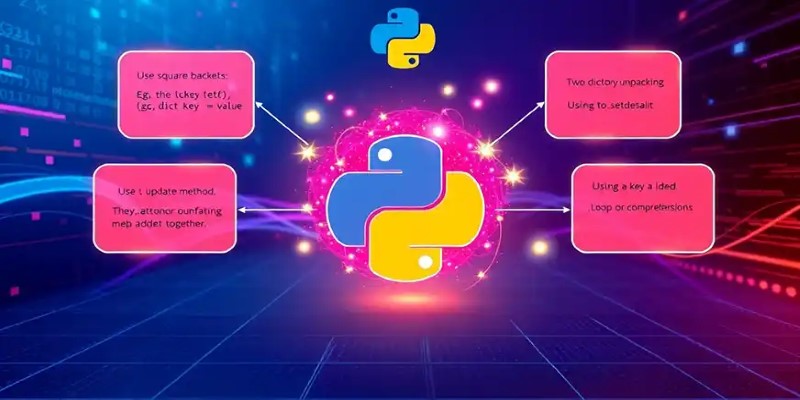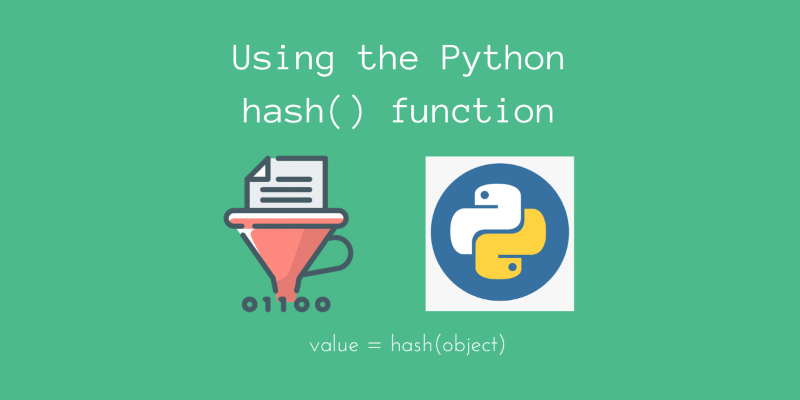Advertisement
Tired of skimming the same recycled AI headlines? You're not alone. Most tech news feels like it’s been copied and pasted across a dozen sites. If you want real updates—whether it’s new models, legal issues, startup breakthroughs, or AI ethics—there are a few places that still do it right.
This list brings together ten AI news websites that actually stay ahead, break stories, and make it easier to keep up without getting lost in fluff. These aren’t ranked—they all have something different to offer depending on what kind of reader you are.
MIT Technology Review doesn’t play around with AI reporting. Its articles dive into research, ethical debates, and industry trends with clarity. You’ll find pieces that explain complex topics like transformer architecture in plain English, but they’ll also talk about what governments are doing, which labs are leading, and what it all means for daily life. It’s thoughtful, not hype-driven, which is rare.
It’s not daily like a breaking news feed, but it’s consistent and deep. If you care about where AI is going, not just what launched yesterday, this is the one to bookmark.
VentureBeat has a whole AI section that’s quick, useful, and usually spot-on. It's less about science and more about the companies, tools, and products that are coming out. Think OpenAI updates, new enterprise tools, startup funding rounds, and tech mergers.

It’s a good mix of short-form news and longer pieces with interviews. They’re not afraid to break down what’s behind the announcements either, which is helpful if you want more than just surface-level news. For people in business or tech roles, this one covers ground fast.
The Decoder is a smaller, more niche news site, but it packs solid, focused coverage of AI. They're following real-time developments closely. You'll get a lot of updates on model releases, open-source tools, and international AI news—not just from the US.
They also highlight AI-related lawsuits, government actions, and ethical issues. No clickbait here, just solid updates with context. If you want a signal without noise, the Decoder hits the spot.
Synced is based in China and covers global AI developments. You’ll find press releases, deep dives into papers from conferences like NeurIPS or CVPR, and good recaps of what’s happening in Asian AI markets.
Their articles usually come with summaries that help you understand what a new paper or product is about in 2-3 paragraphs. It's good for people who care about the research and want to track cutting-edge developments beyond North America.
Medium is packed with AI posts, but a few publications stand out. “AI News” is one of the better ones. It features digestible, curated takes from writers in the AI space. Some pieces are basic, but others go in-depth into algorithms, policies, or debates.
The upside of Medium is that it offers many voices. The downside is sorting through them. Still, for a community-driven look at AI, this is a place to check in.
Run by Stanford-affiliated researchers, The Gradient is more academic, but not in a boring way. It covers theory, practical use, and the social side of AI. Pieces here often explore questions like “What does alignment actually mean?” or “Why are AI benchmarks flawed?”
It’s not news in the day-to-day sense, but it helps you understand how to think about the bigger shifts in AI. This is where you go to stop thinking like a consumer and start thinking like a critic.
TechCrunch’s AI section sticks to the latest launches, startup funding, and market shifts. It's very business-focused. You'll read about what Anthropic, Cohere, or Google DeepMind are doing, often on the same day announcements go out.
They do well with interviews and trend pieces, too, like where investors are putting their money. It's a good resource for people following AI from a startup or VC lens, less so for those who want pure science or ethics.
Nature’s Machine Intelligence section publishes serious papers but often includes editorials, insights, and digestible summaries for readers outside academia. It’s rigorous without being impossible to understand.

If you want to get closer to real research—peer-reviewed and respected—without needing a PhD to follow along, this one makes that bridge. They also highlight areas like neuroscience crossover, which other sites skip.
Yes, Hugging Face is a company, but their blog is full of real, practical insights from researchers and engineers. They break down model releases, tools like Transformers or Datasets, and often explain what’s happening in plain language.
You’ll get guides, updates, and experimental news—especially if you care about open-source AI. This one’s perfect for developers, tinkerers, and anyone who wants to build, not just read.
AI Now doesn’t publish daily, but when it does, the content is sharp. They focus on regulation, ethics, surveillance, and how AI affects labor. Think of it as more political and social than technical. If you want to follow how governments and corporations are shaping the AI space, this is a smart place to watch.
It’s good for stepping back and asking: what are we building, and who does it serve?
Not every AI news site fits every reader. Developers may prefer Hugging Face or The Decoder for hands-on updates. Analysts and business-minded readers might lean toward TechCrunch or VentureBeat for industry moves. If you’re more curious about the societal effects of AI, The Gradient or AI Now offer thoughtful perspectives. The key is cutting through the noise—some sites chase trends, others explain what matters. This list leans toward the latter. Choose a few that match your style and pace. It’s better to follow meaningful updates than scroll through shallow headlines that don’t add anything to your understanding.
Advertisement

Want to build a dataset tailored to your project? Learn six ways to create your own dataset in Python—from scraping websites to labeling images manually

Discover multilingual LLMs: how they handle 100+ languages, code-switching and 10 other things you need to know.

Create user personas for ChatGPT to improve AI responses, boost engagement, and tailor content to your audience.

Anthropic faces a legal battle over AI-generated music, with fair use unlikely to shield the company from claims.

Jio Brain by Jio Platforms brings seamless AI integration to Indian enterprises by embedding intelligence into existing systems without overhauls. Discover how it simplifies real-time data use and smart decision-making

Learn 8 effective methods to add new keys to a dictionary in Python, from square brackets and update() to setdefault(), loops, and defaultdict

Learn how to convert strings to JSON objects using tools like JSON.parse(), json.loads(), JsonConvert, and more across 11 popular programming languages

Learn how AI parameters impact model performance and how to optimize them for better accuracy, efficiency, and generalization

Looking to turn your images into stickers? See how Replicate's AI tools make background removal and editing simple for clean, custom results

Learn how Intel Core Ultra CPUs use advanced neural processing to unlock faster and more responsive AI experiences on PC.

Learn how logic gates work, from basic Boolean logic to hands-on implementation in Python. This guide simplifies core concepts and walks through real-world examples in code

Looking for the best AI resume builders? Check out these 10 free tools that help you craft professional resumes that stand out and get noticed by employers